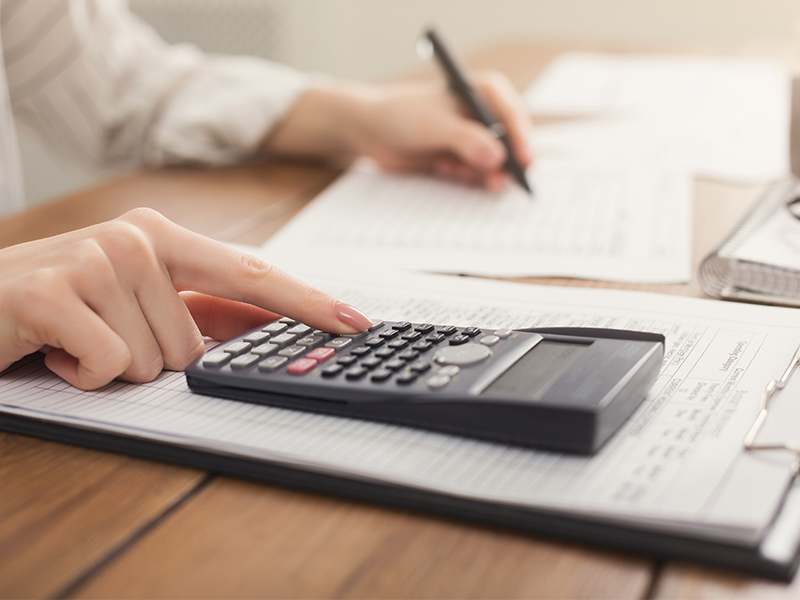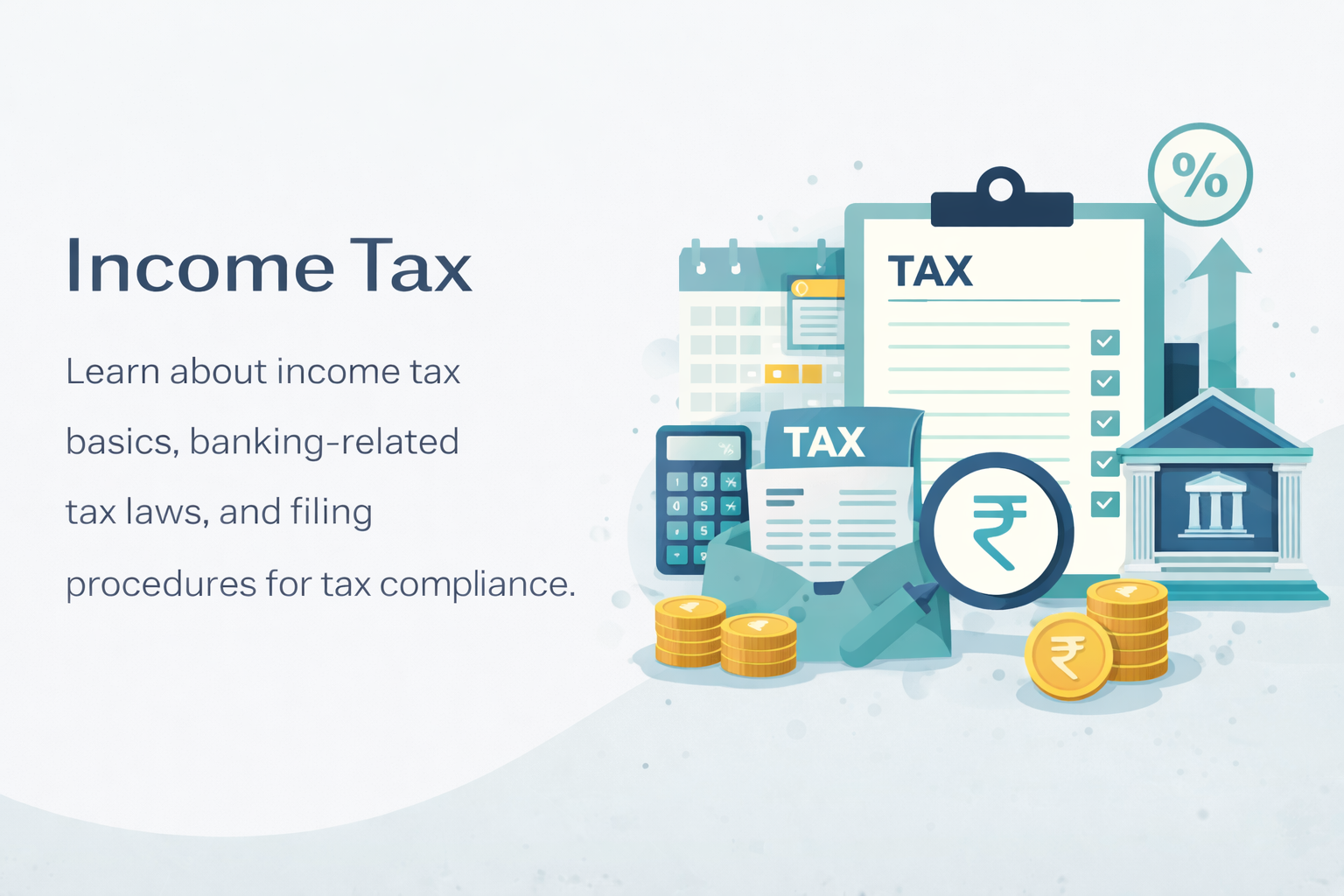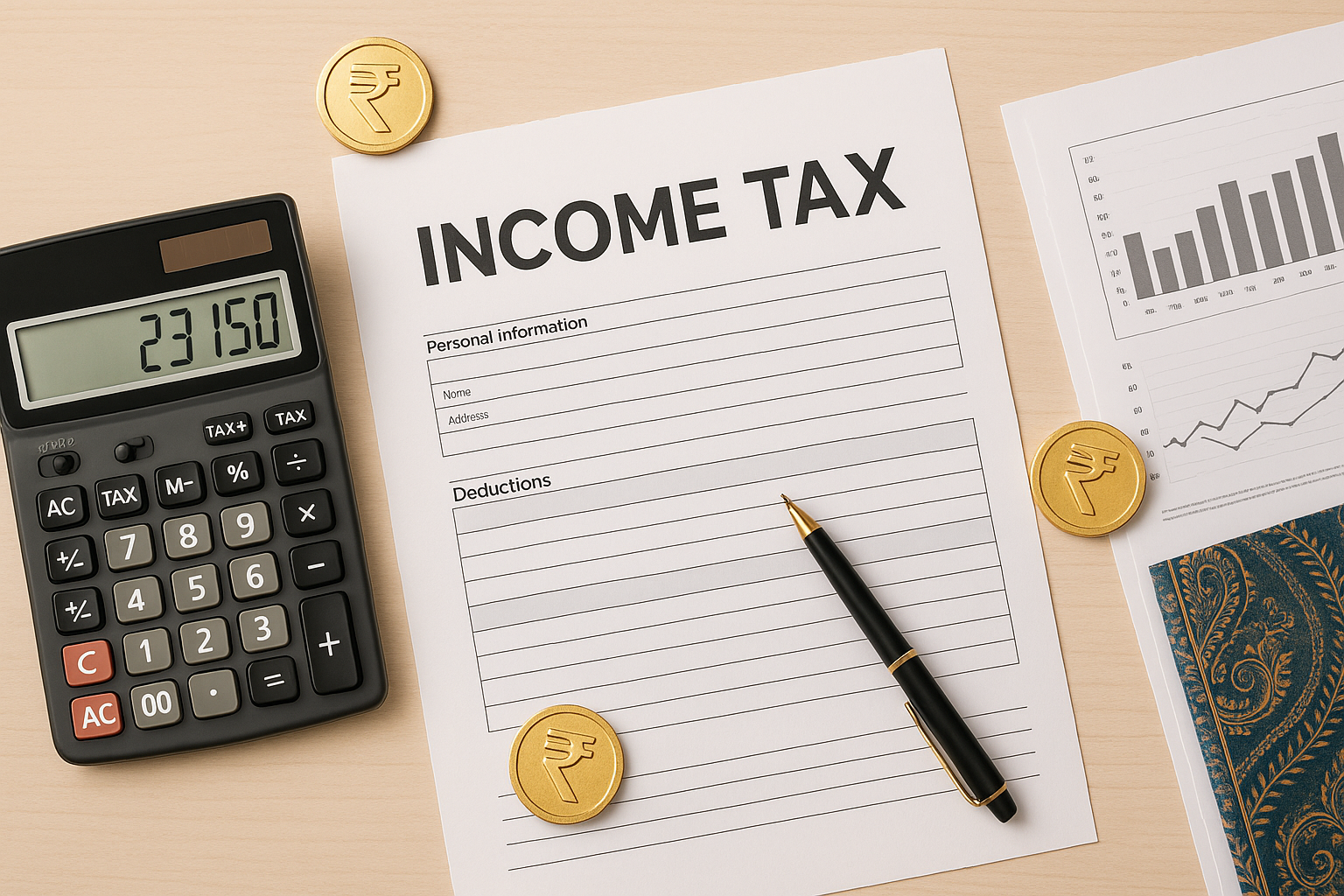Many salaried individuals are working from home during coronavirus pandemic. Besides your traveling time savings, it has been a respite to many office goers who have been roughcast with problems of traffic jams go back and forth everyday, office politics, and even more annoying moments that the calls from the bosses who call too many meetings. However, your income tax liability for the financial year 2020-21 may upsurge if you have opted for the old regime of income tax assessment and now you are working from home. This is because your salary components such as conveyance allowance and set of allowances for which you are eligible for tax exemption can no longer be tax-free for the year 2020-21. According to tax consultants, an employee working from home (WFH) loses the tax-free allowances eligible under subsection 2BB of an income tax rule. The details are as under.
Conveyance allowance: Conveyance allowance include exemptions that may be claimed on any allowance granted to meet the cost of travel on tour or on transfer; any allowance, granted on tour for the period of journey in connection with a transfer, to meet ordinary daily charges incurred by an employee on account of absence from his/her normal place of duty; and any allowance to meet the expenditure on conveyance in performance of duties. A Salaried individual can claim an annual Transport allowance (conveyance allowance) of up to Rs 19,200 (Rs 1,600 pm) and up to Rs 38,400 (Rs 3,200 pm) by differently-abled persons. These allowances if paid by your employer while you are working from home, such allowances paid can no longer be tax-free. This is because you are getting the allowance without traveling/without actually spending money on commuting.
Food allowance: Food allowance can be given by the employer through the provision of food during working hours or through pre-paid food vouchers/coupons. The meal allowance gives the employee a cash benefit, as their cost of living is reduced by free or discounted meals. The meal vouchers (not transferable) are tax-exempt to the extent of Rs 50 per meal. On the computation of 22 working days, a month, and 2 meals per day, a sum of Rs 26,400 can be availed as a deduction by an employee annually. But when you are working from home, you are not eligible for tax exemptions on food coupons although it is a part of your total salary component.
LTA/LTC allowance: For LTA (Leave travel allowance) or LTC (Leave Travel concession), tax exemption is available only on the actual travel costs i.e., the air, rail, or bus fare incurred by the employee (LTA/LTC can be claimed twice in a block of four years). In the present situation, you may not be able to take a vacation this year and claim LTA until fear about the pandemic disease wanes. Though it is most likely that LTA is a part of your salary package, this year you may not be able to utilize this tax-free benefit under section 10(5) of The Income Tax Act, 1961.
House Rent Allowance: A deduction is permissible for house rent paid under Section 10(13A) of the Income Tax Act, in accordance with Rule 2A of the Income Tax Rules. This component of salary helps take care of rent paid by an employee for the premises in which he lives. To be able to claim this deduction, it is essential that it forms a part of one’s salary. Amount paid as HRA can be claimed as tax-exempt, subject to certain limits, terms, and conditions. But the tax benefit is available to the person only for the period in which the rented house is occupied. Many employees vacated their rented houses in the city and worked from their own homes to save tax. As they are not eligible for tax exemption on house rent received as a part of the salary component.








